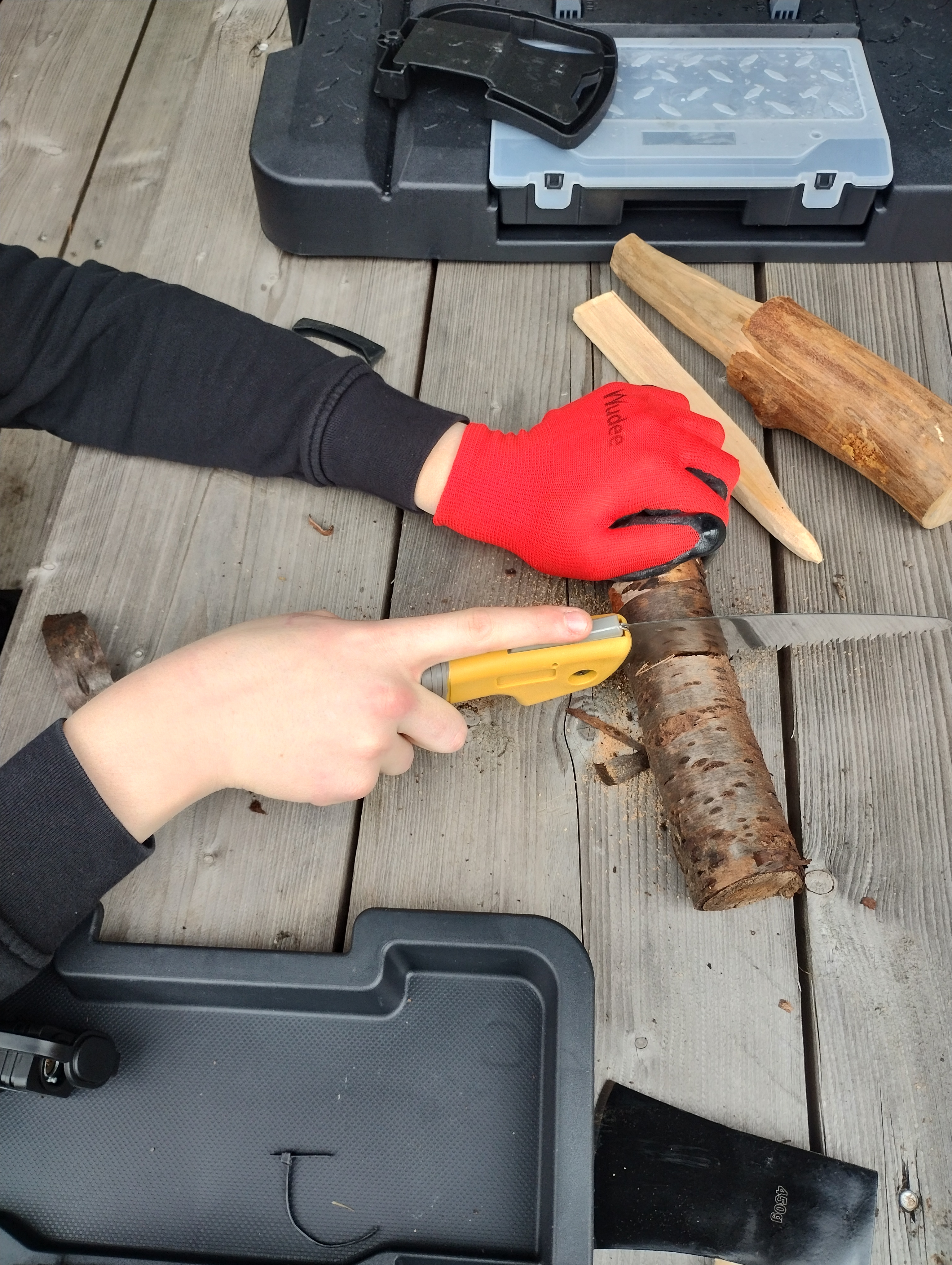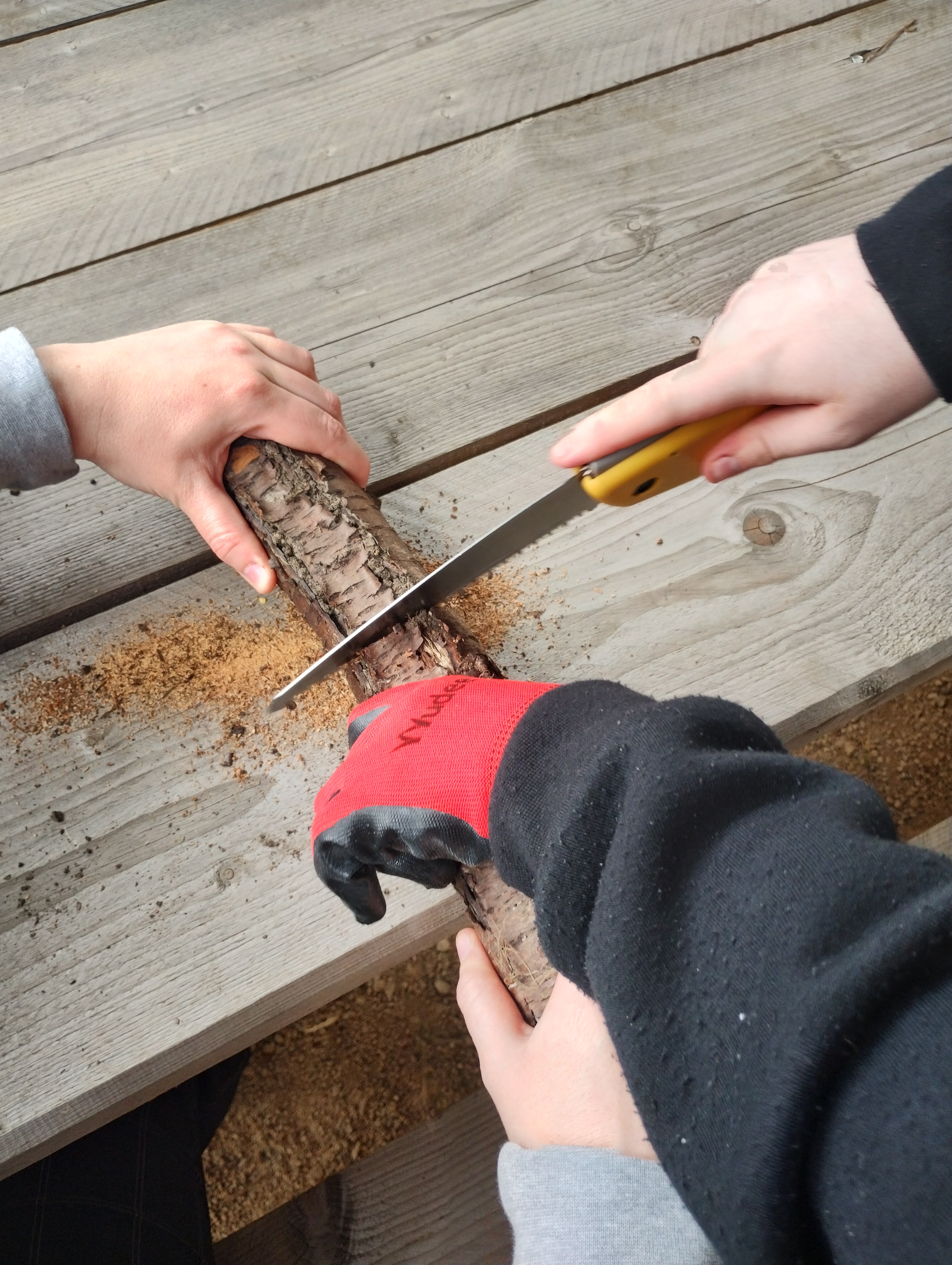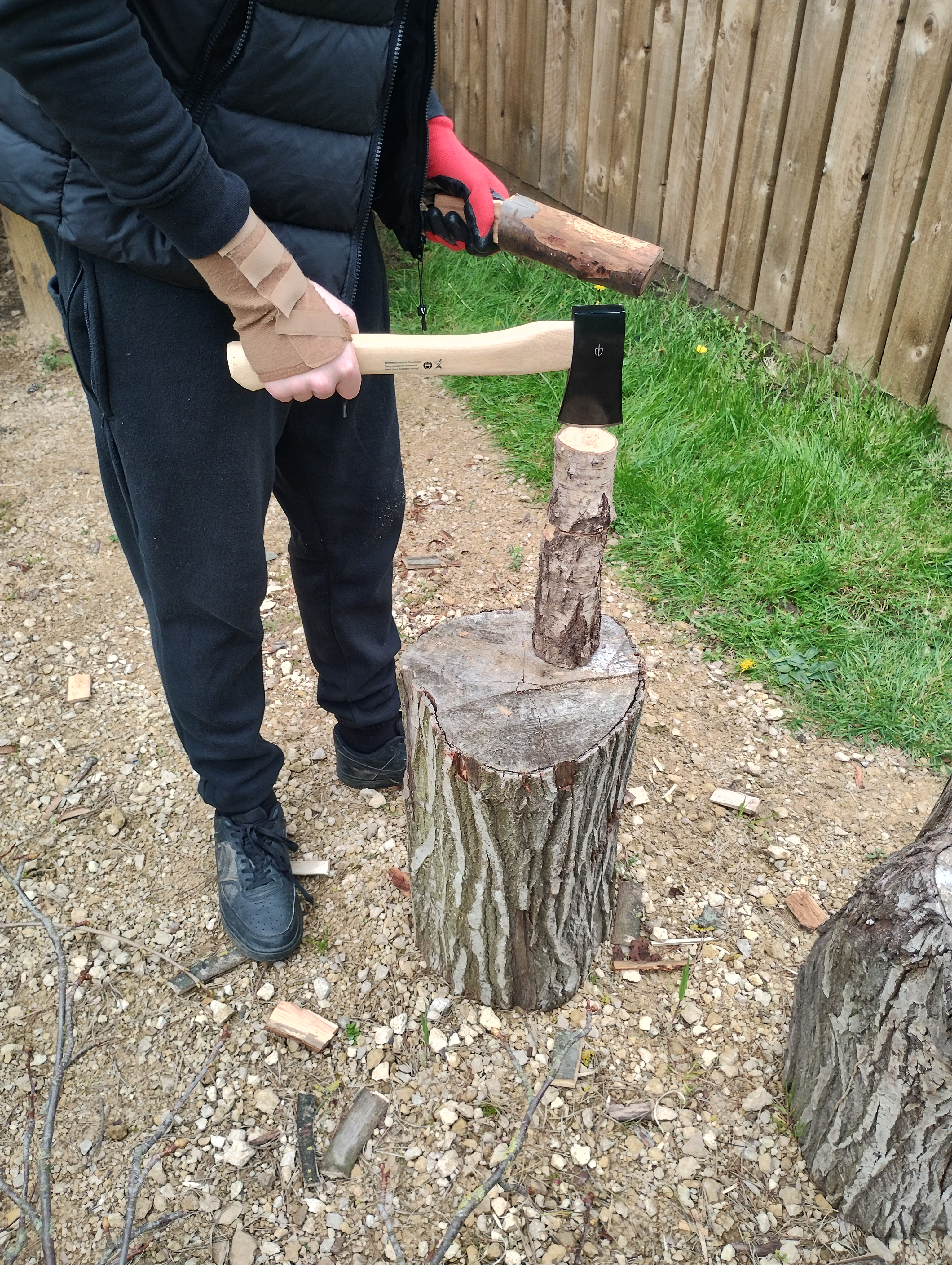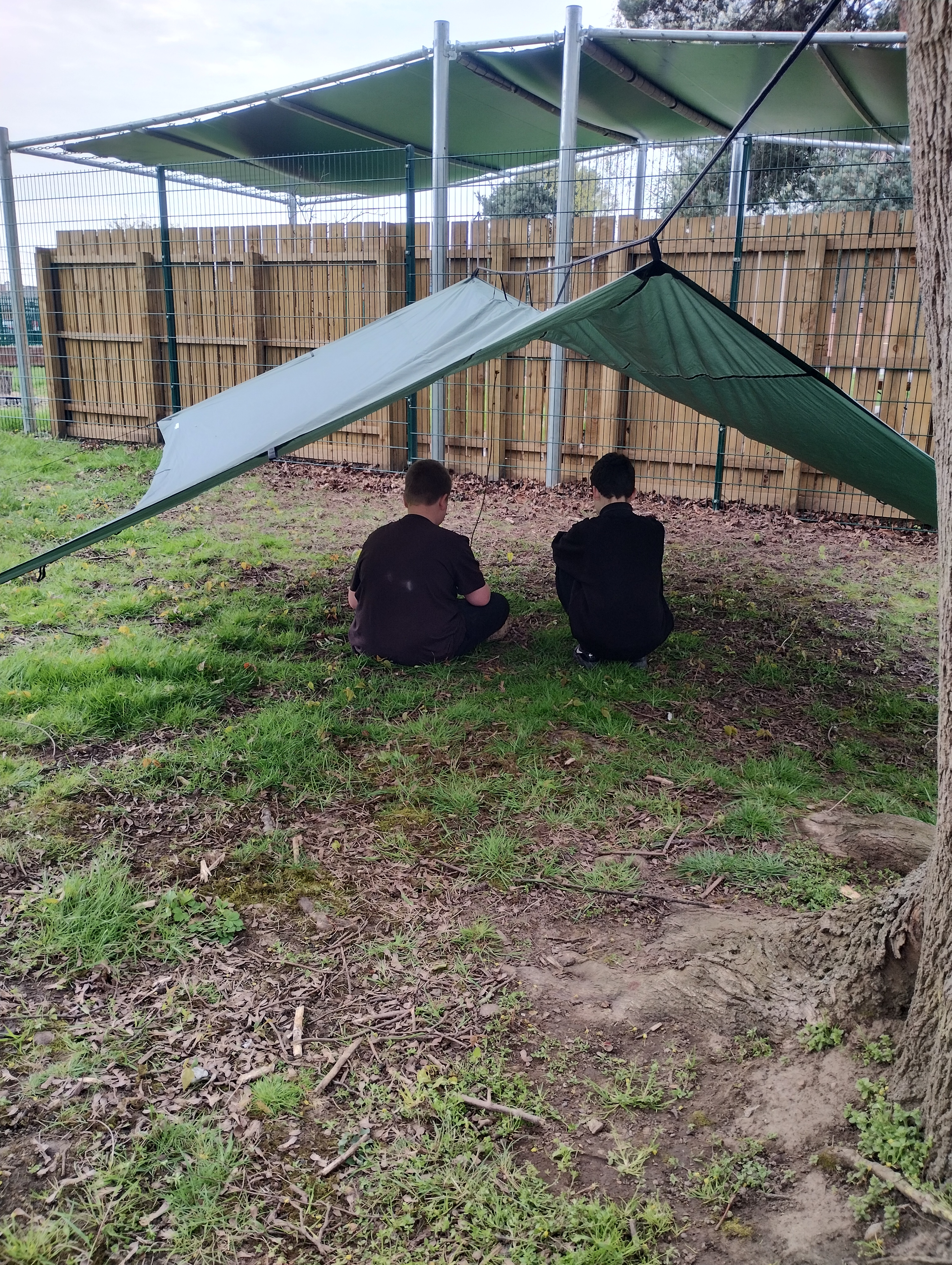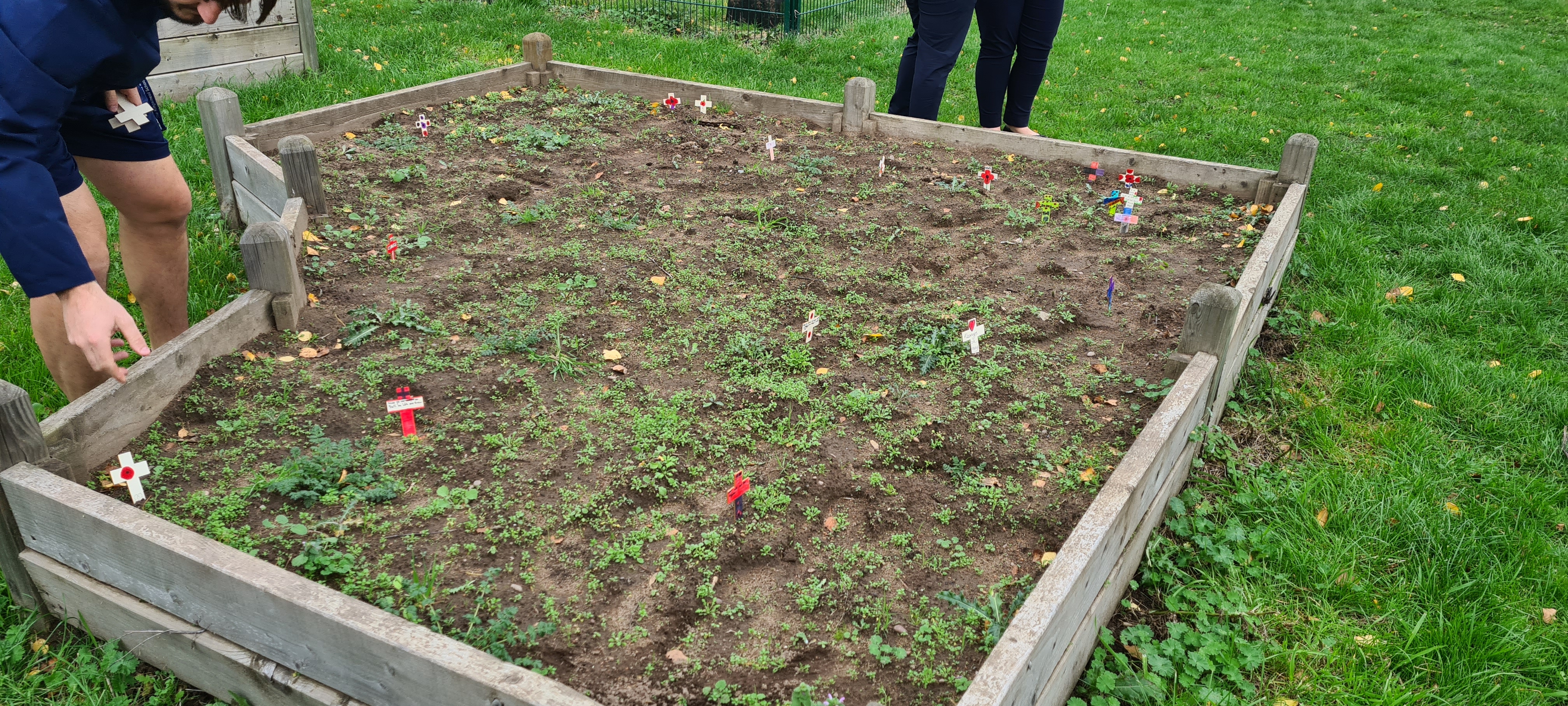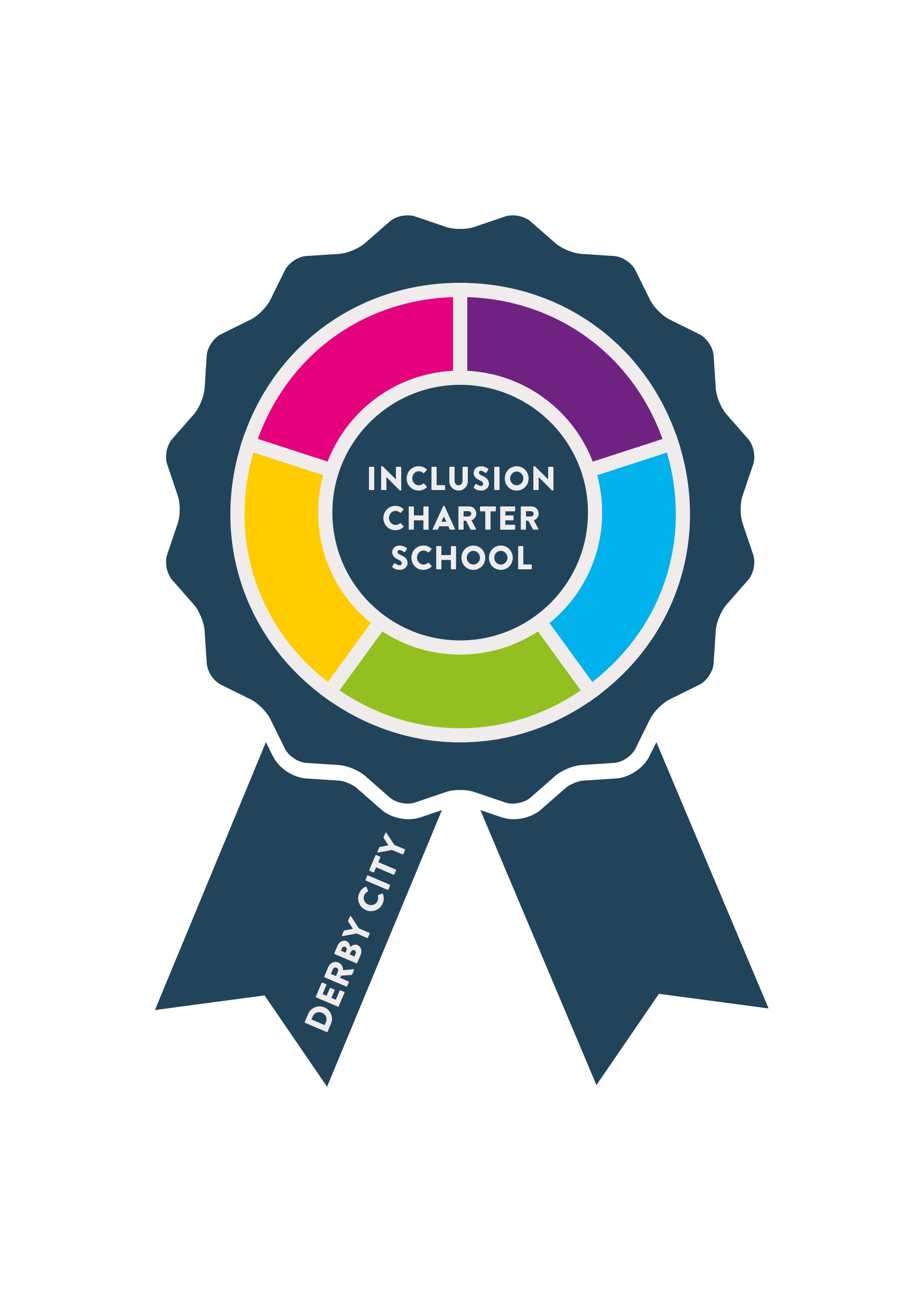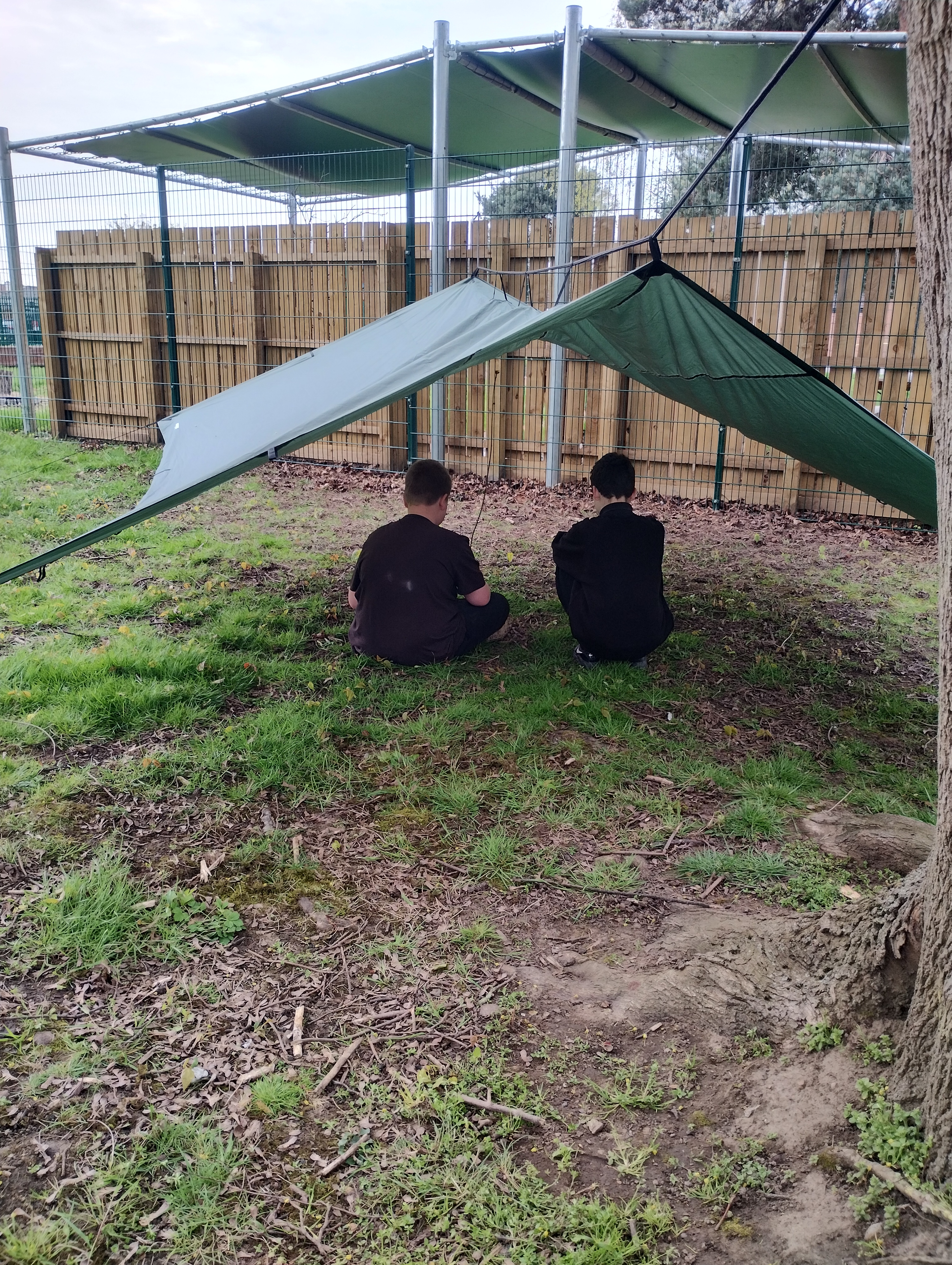
Forest School has a developmental ethos which has been shared by thousands of trained practitioners around the world, who are constantly developing their learning styles and skills to support new and imaginative learners. Forest school began in Scandinavia and arrived in the UK in 1993 and has grown ever since. Forest school is a child-centred learning process, which offers opportunities for holistic growth through regular sessions. It’s a long term program that supports play, exploration and supported risk taking. Forest school aims to develop confidence and self-esteem through the learner being inspired, having hands on experiences in a natural environment. Here at Kingsmead we have introduced forest school to our nurture pupils which help with their holistic development whilst providing a rich, practical/theory based curriculum centred on the great outdoors. This is designed so it can help improve teamwork, communication, independent risk-taking, SEMH skills and many more, all of which has the potential to compliment the wider curriculum at Kingsmead.
The process of forest school is to help and facilitate more than knowledge gathering, it helps the learners develop socially, emotionally, spiritually, physically and intellectually. Forest school creates a safe, non-judgemental nurturing environment for learners to try out things they would never try before and also take risks. Forest school aims to inspire a deep meaningful connection to the world and an understanding of how a learner fits within it. With the aim of forest school, the approach to risk taking means that learners expand on their abilities by solving real-world issues, building self-belief and resilience. At forest school the risk is more than just physical harm, as there is risks to everything we do, but we grow as people by overcoming these risks, so therefore forest school helps the participants to become more healthy, resilient, creative and independent learners.
A quality forest school is all about the delivery to the six key principles that shape and govern the ethos of forest school and these are.
1. Forest school is a long term process of regular sessions, rather than one-off or infrequent visits, the cycle of planning, observation, adaptation and review are key to each session.
2. Forest school always takes place in a woodland environment to support the development of a lifelong relationship between the learner and the natural world.
3. Forest school uses a range of learner-centred process to create a community for being, development and learning.
4. Forest school aims to promote the holistic development of all involved, fostering resilient, confident, independent and creative learners.
5. Forest school offers learners the opportunity to take supported risks appropriate to the environment and to themselves.
6. Forest school is run by qualified forest school leaders, who continuously maintain and develop their professional practice.
By having all these 6 principles working together you will truly see the value of forest school.
In summary the learners at forest school are:
- Entitled to develop a strong, positive relationship with the natural world
- Able to explore and discover
- Entitled to develop positive relationships with themselves and other people
- Entitled to experience appropriate risk and challenging situations
- Entitled to choose, and to initiate their own learning and development

